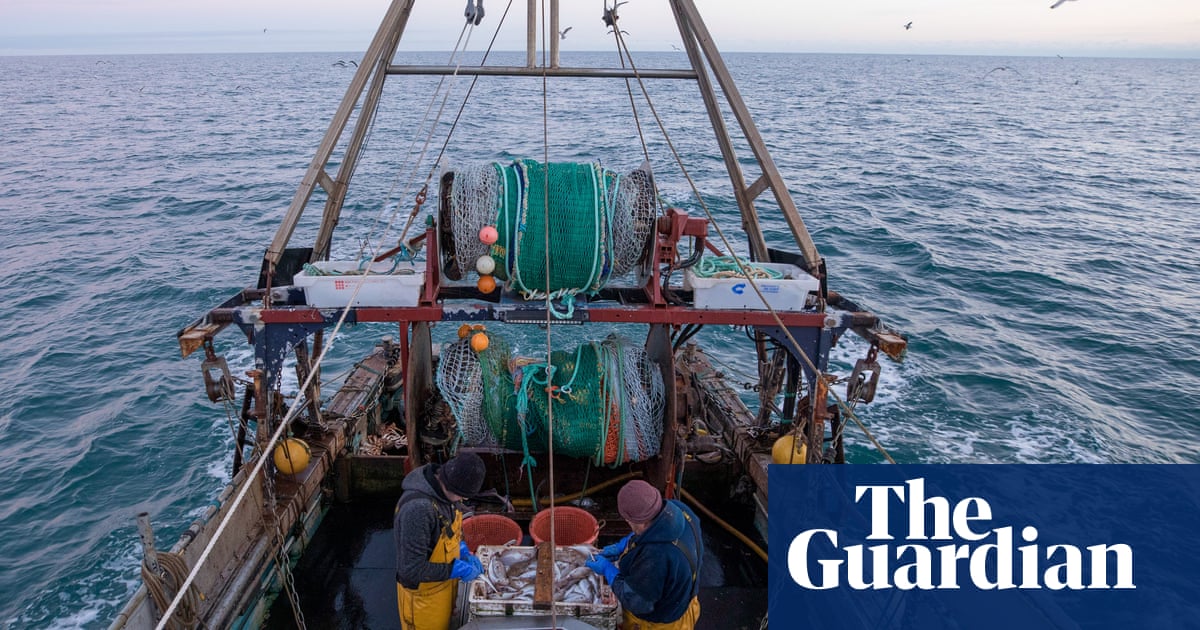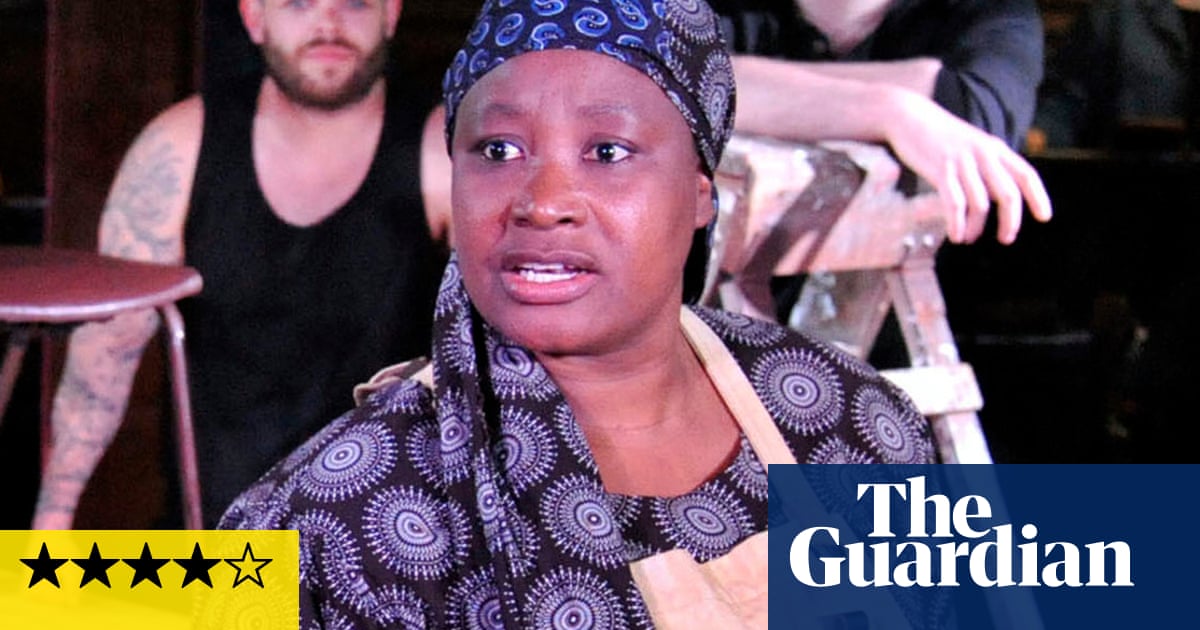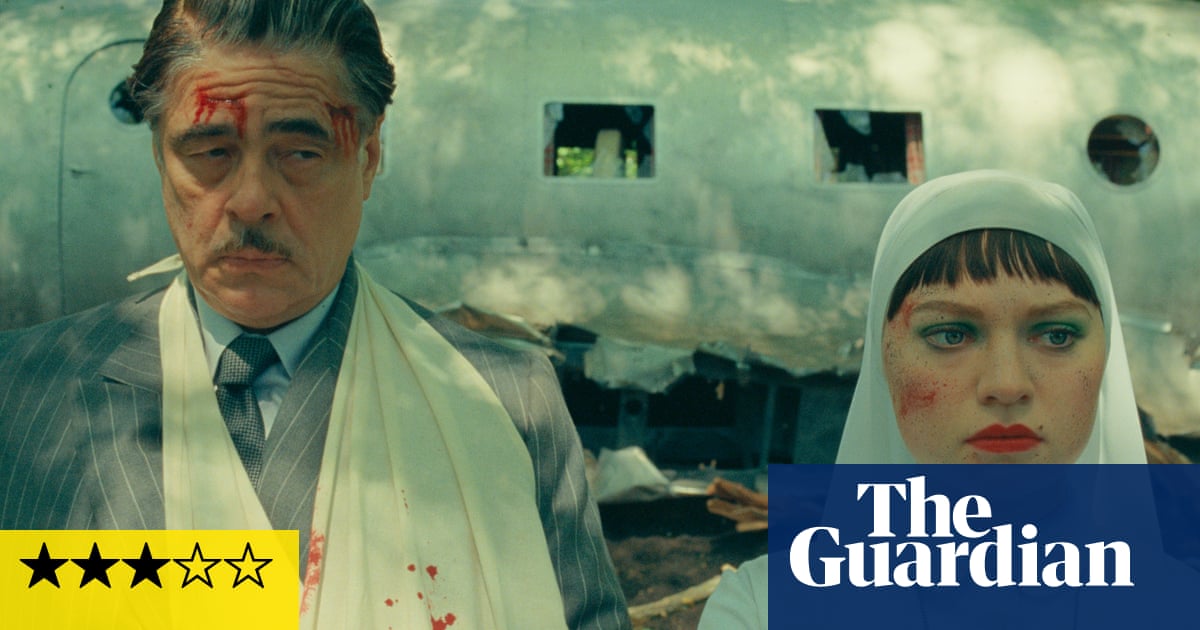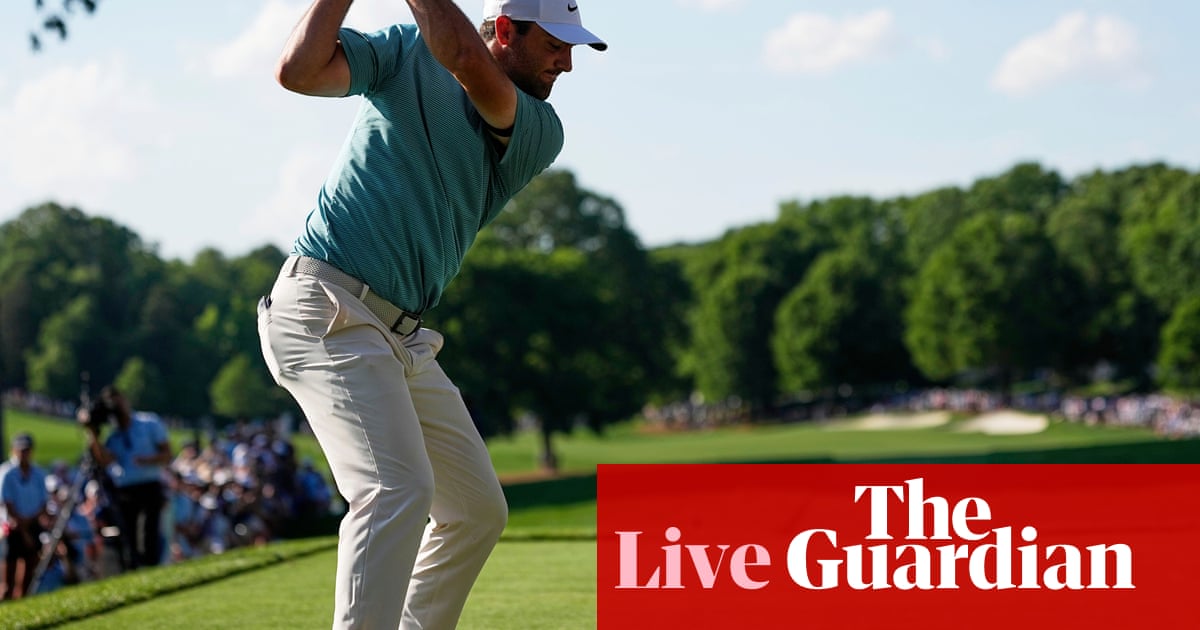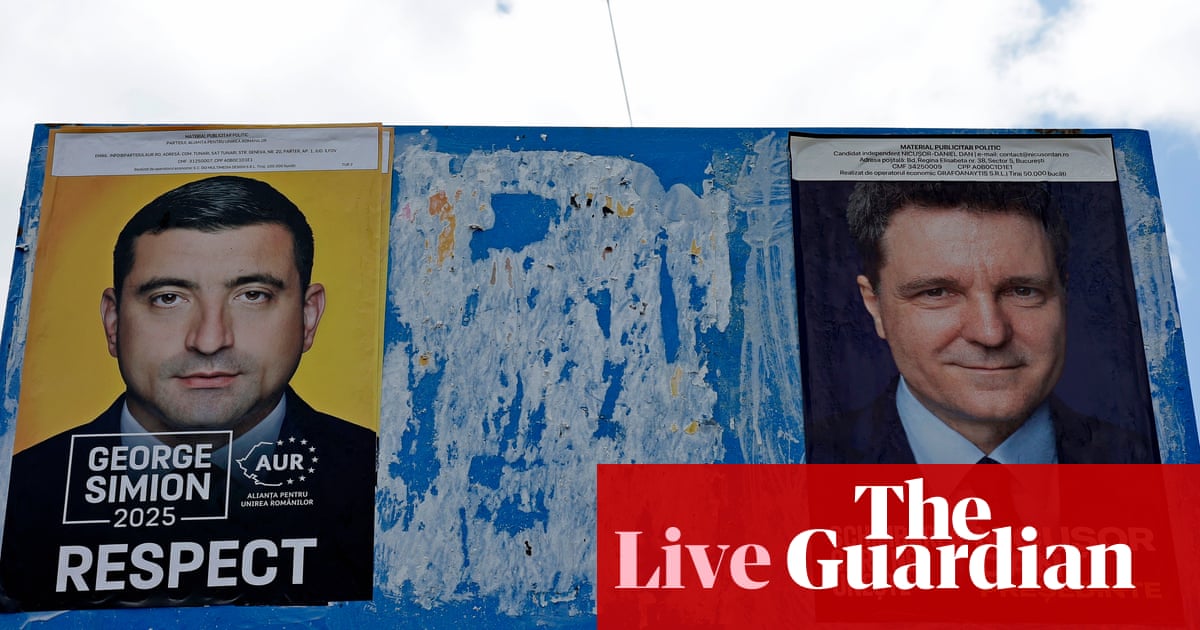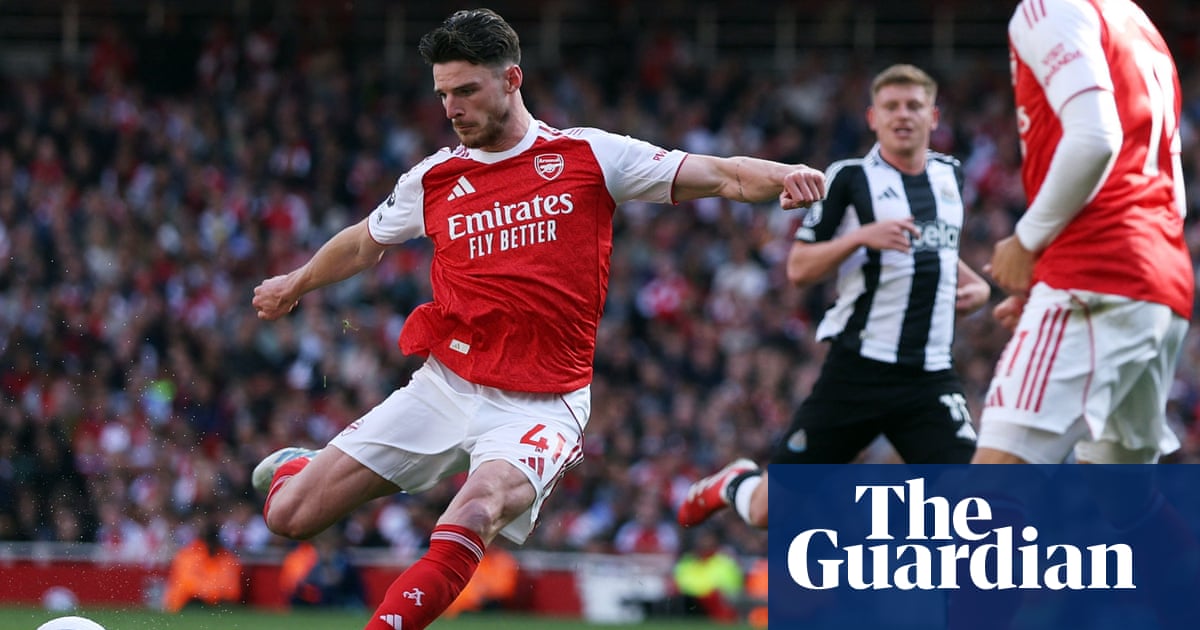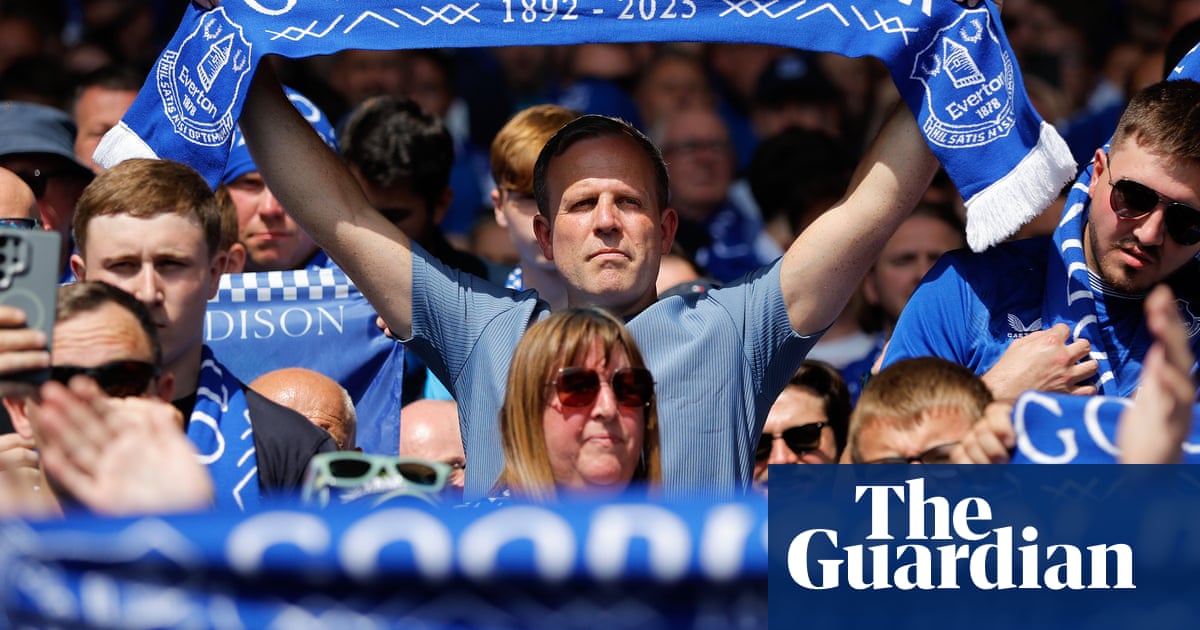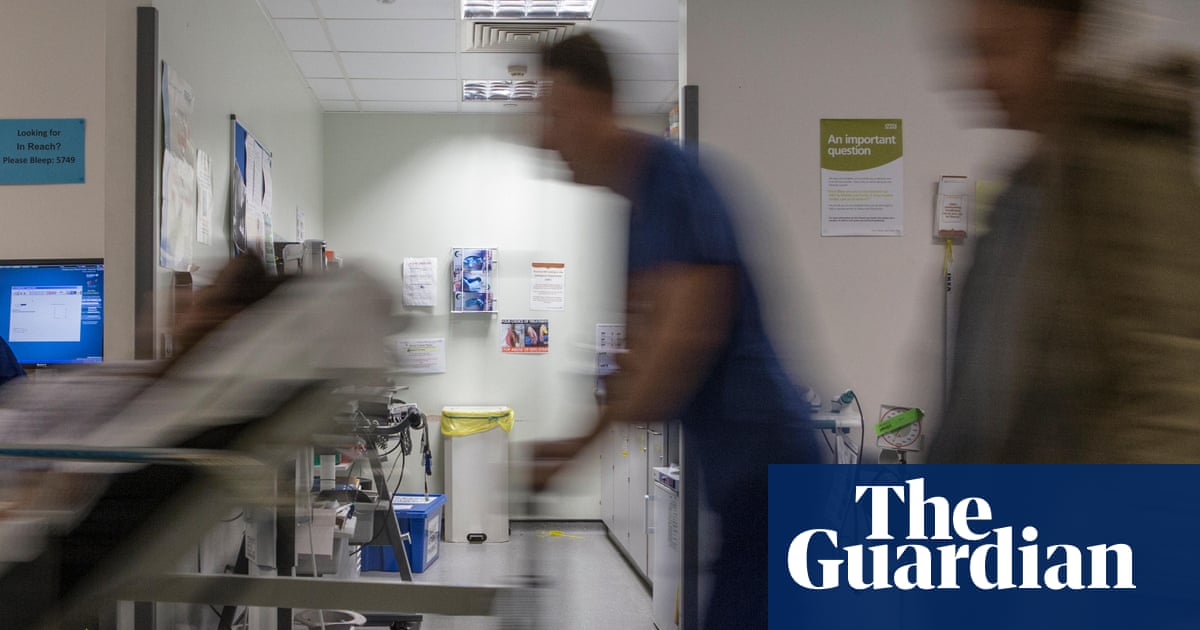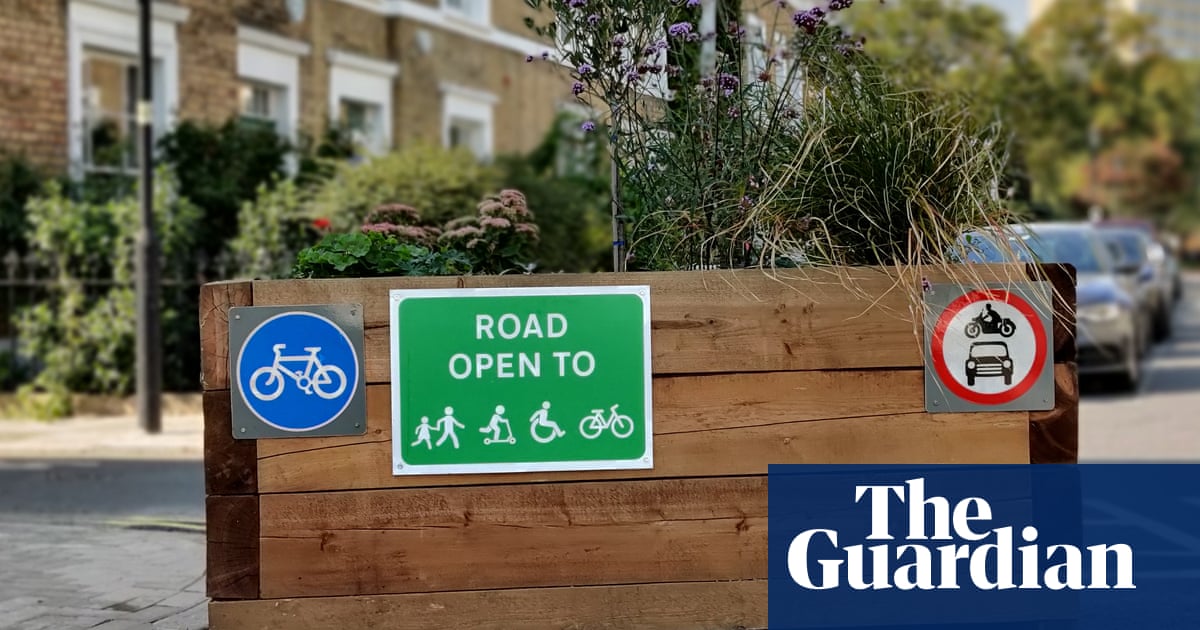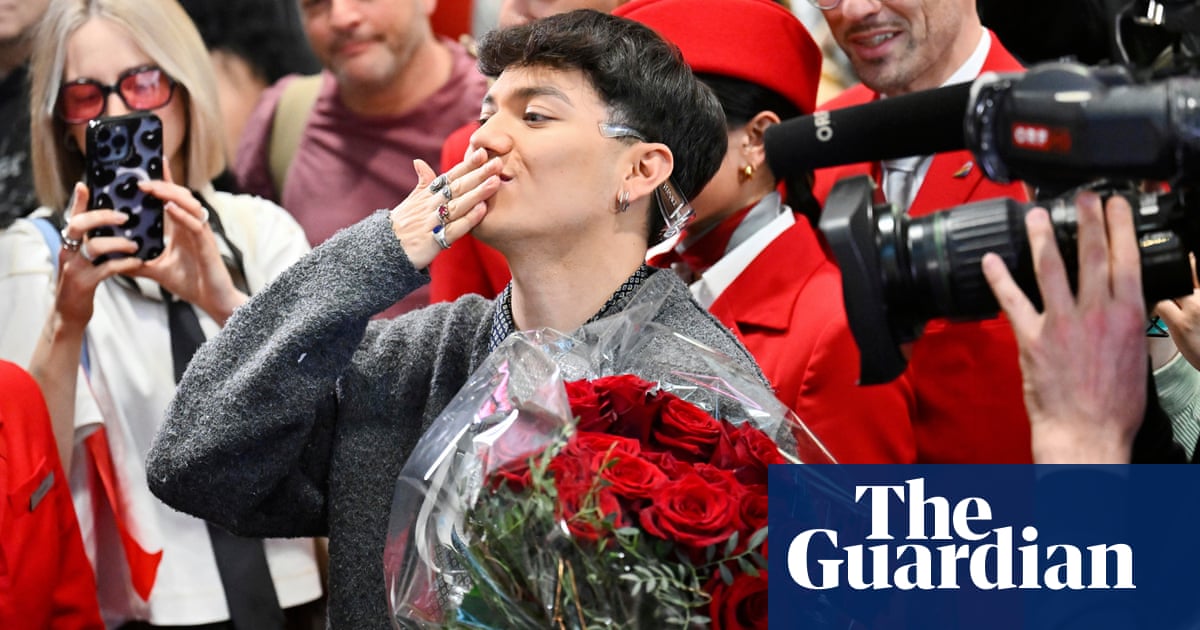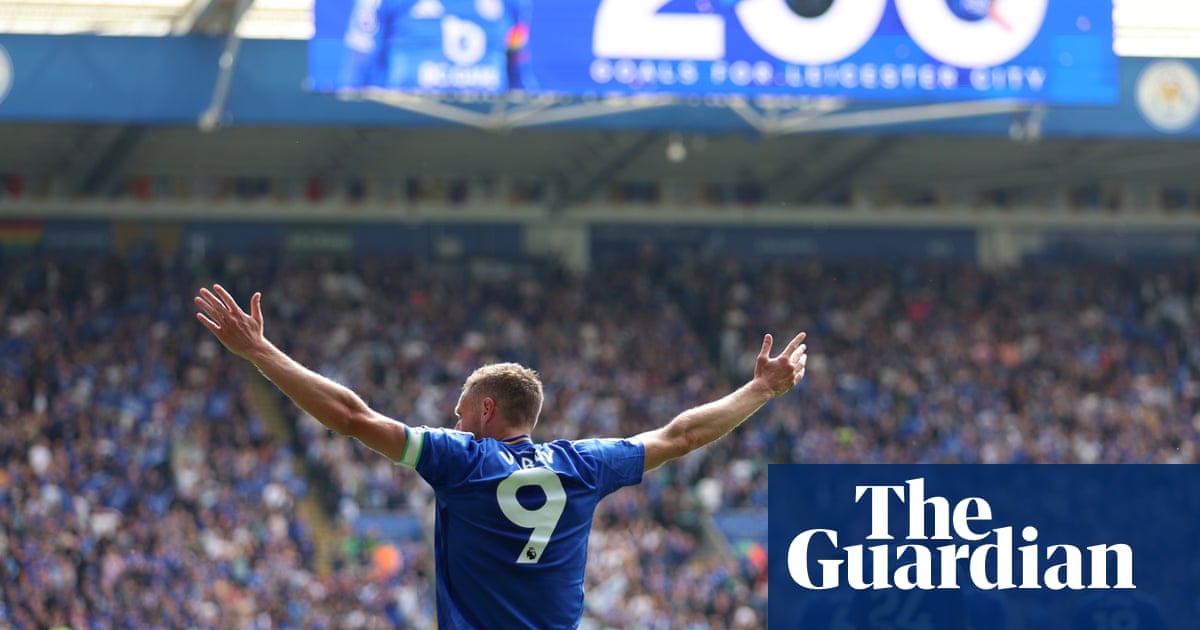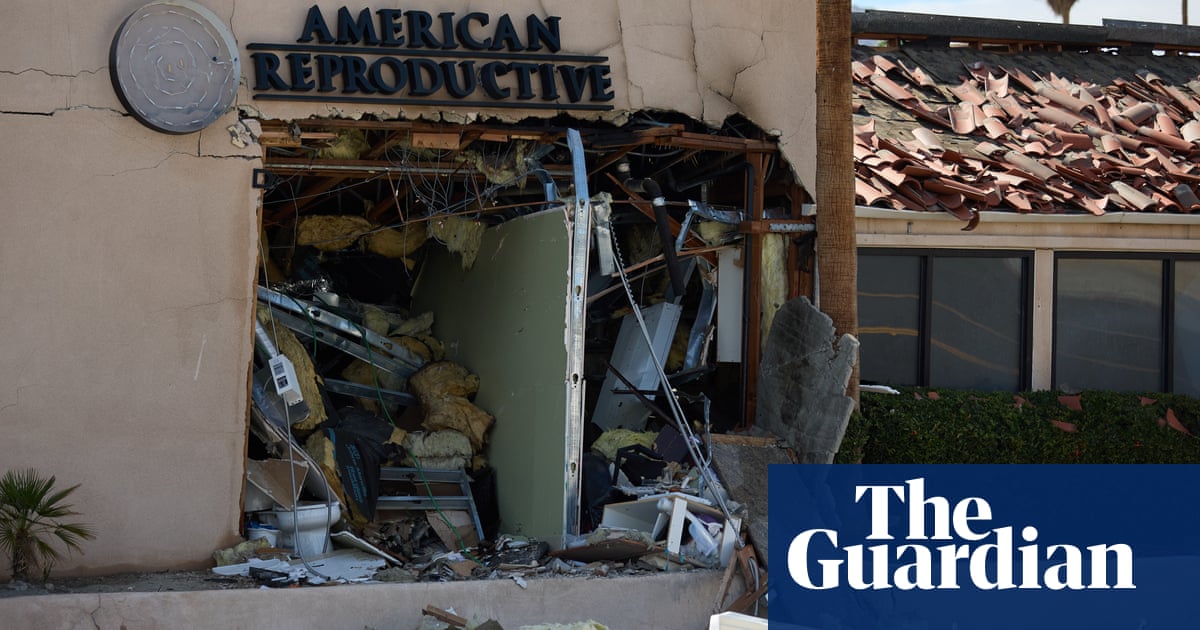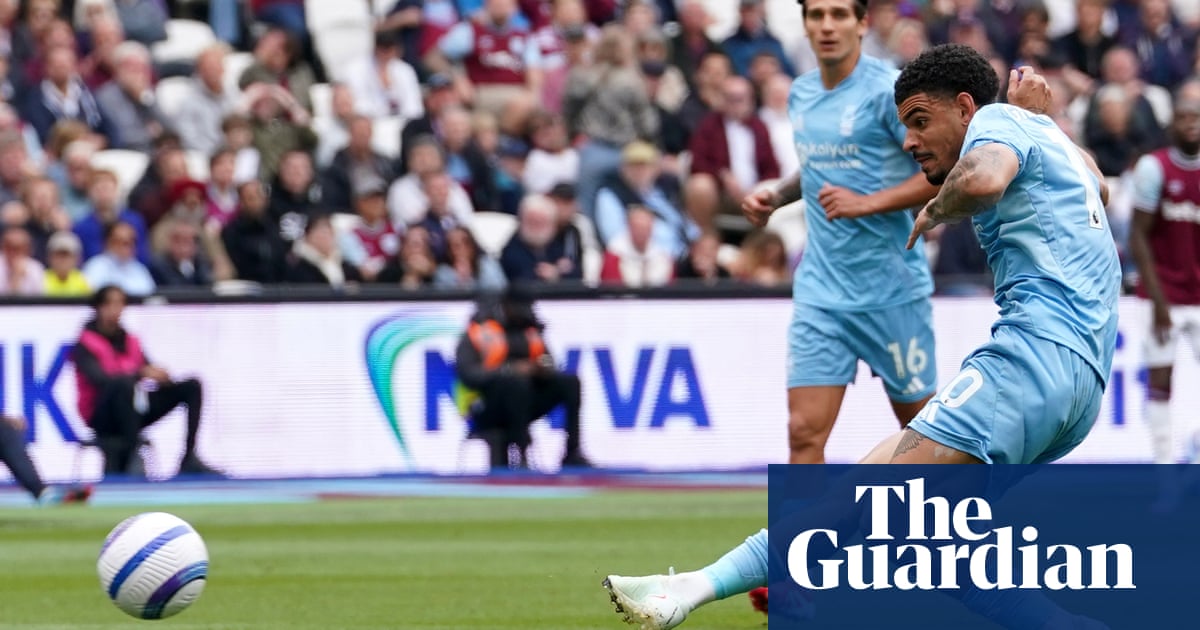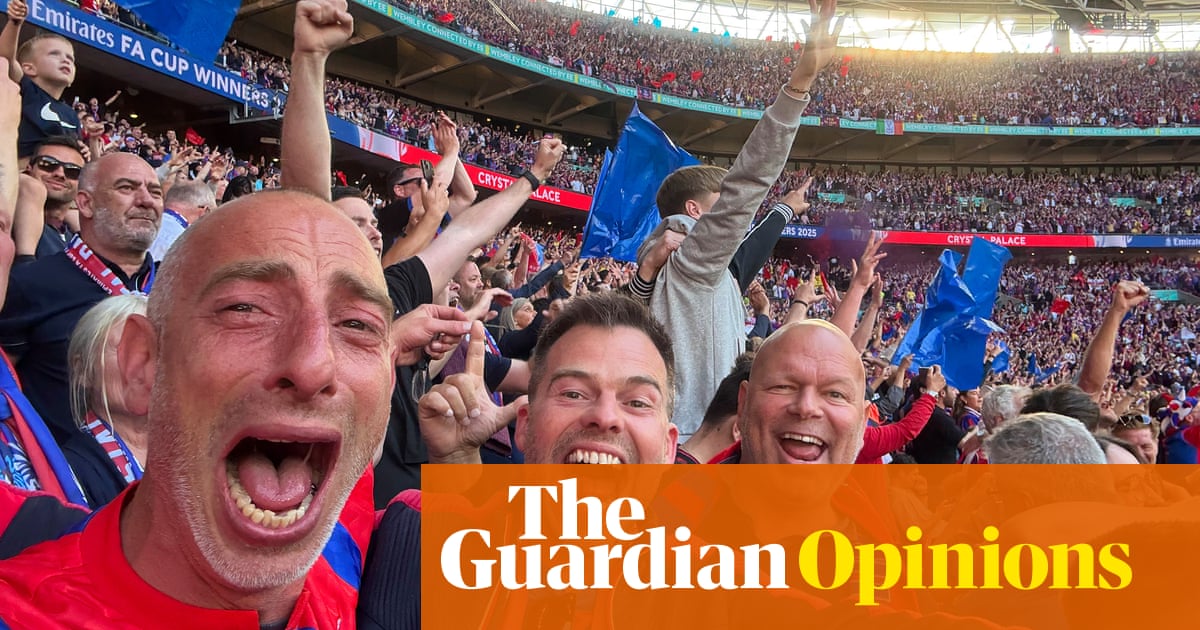Donald Trump’s characteristically vociferous attempt last week to pressure Vladimir Putin into ending the war in Ukraine, which Russia’s leader launched three years ago next month, is a welcome shift. Throughout the US election campaign, the Republican candidate complained about the cost of military aid to Kyiv. He claimed the war would never have started had he been in the White House, and boasted he could end it “in 24 hours”. Trump also avoided personal criticism of Putin. The nature and history of their relationship has long been clouded in mystery. It still is.
Yet Trump’s tone and emphasis have changed markedly since he began his second term as US president on Monday. Putin’s refusal to enter into unconditional negotiations endangered Russia as much as Ukraine, he said. “I think he should make a deal. I think he’s destroying Russia.” Overt threats quickly followed. Russia’s economy was imploding, Trump said. Putin should “settle now and stop this ridiculous war” or face US tariffs, taxes and additional sanctions. “We can do it the easy way, or the hard way – and the easy way is always better.”
In his inaugural address, Trump cast himself as global peacemaker. But even this consummate narcissist must be aware that his promise to end the war overnight was absurd. What seems to have changed his thinking is assiduous and skilful lobbying by Volodymyr Zelenskyy. Ukraine’s president has been conveying one simple message for months: Russia started the war, Kyiv is ready to talk, Putin is the problem. One of his most compelling arguments, in Trump’s mind at least, is that the conflict is bad for business and harms US economic interests.
Another Zelenskyy tactic is shameless flattery mixed with guile. Describing Trump as a “decisive” leader, he congratulated him last week on his “peace through strength” policy. Yet this is primarily a policy developed and promoted by Zelenskyy. It entails maximising Ukraine’s ability, through immediate, large-scale infusions of western weapons, missiles and ammunition, to fend off the advancing Russians while reinforcing its future negotiating position. European Nato allies, including Britain, back this strategy. Zelenskyy was, in effect, co-opting Trump.
Trump will likely continue to oppose sending more billion-dollar military aid packages to Ukraine. But he may find his own rhetoric leads him inexorably down that path. In his latest comments, Putin dismissed the threat of new sanctions and repeated that he was open to one-to-one discussions. Putin is not above flattery of his own. He described Trump as “smart” and “courageous”. Perhaps he thinks he can bamboozle him. Perhaps he’s right – which is a big worry for Ukraine and Europe.
after newsletter promotion
Contradicting Trump’s predictions of Russian collapse, Putin has been boosted by a renewed pledge of unstinting support from China’s president, Xi Jinping, by a newly signed strategic partnership pact with Iran, and by North Korea’s continued willingness to send its hapless soldiers to die in the Donbas meat-grinder. In readiness for any US-initiated peace talks, Putin has also been refining and expanding Moscow’s terms. Until now, Russia has insisted on retaining the 20% of Ukrainian territory it occupies and assuring the future neutrality of a militarily disarmed, “de-Nazified” government in Kyiv.
Putin plainly believes he is winning. “Our army keeps advancing all along the frontline, the enemy keeps falling back,” he told an end-of-year news conference. Now, he is also ruling out an initial deal that “freezes” the conflict; for any ceasefire to happen, Kyiv must first accept all of Moscow’s conditions, he says. And Putin’s foreign minister, Sergei Lavrov, has demanded a complete restructuring of “common security arrangements” in Europe to address Russia’s long-term concerns. The conversation is no longer just about the present war in Ukraine. It’s about a future war between Russia and the west. By some measures, that larger war, undeclared and covert, is already under way. Last week saw the commencement of joint Nato naval patrols in the Baltic, intended to reduce the risk of more sabotage of undersea pipelines and communication cables by, it is assumed, Russian and Chinese actors.
The week also brought news of an extraordinary standoff in the seas off Cornwall between a Royal Navy submarine and a Russian “spy ship” – and of Russian online meddling in Germany’s February election. Numerous such incidents, seemingly unconnected and usually deniable, form part of a steadily deepening confrontation between Russia and western democracies, which is a direct byproduct of the failure to halt Russian aggression in Ukraine. Putin now portrays his country as engaged in an escalating, global struggle with the US-led international order. He and his allies seek to upend it. This is the larger context in which Trump, Keir Starmer and other Nato leaders must now swim – or sink.
This is why it is vital that Zelenskyy’s call to arms, to attain peace through strength, must be heard and acted upon. Starmer was right, during recent visits to Ukraine and Poland, to urge allies to “double down” on support for Kyiv to achieve “peace on Ukraine’s terms”. Mark Rutte, the Nato chief, is right to urge increases in national defence budgets. And Zelenskyy is right to urge Europe as a whole to wake up to the full extent of the Russian threat, step up to its global responsibilities – and be prepared, for example, to send tens of thousands of troops to Ukraine to enforce a ceasefire and deter renewed aggression. Even Trump may slowly be realising that there will be no peace anywhere if Putin wins.

.png) 3 months ago
53
3 months ago
53
